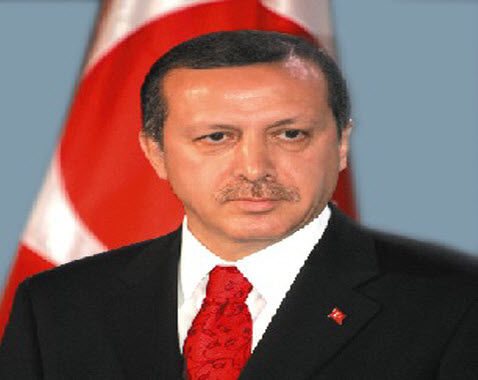
Turkey gave Iran the names of 10 Iranians working for Israel, columnist David Ignatius of The Washington Post reported last week.
The 10 Iranians had regularly traveled to Turkey to contact their Israeli handlers and so were known to the Turkish government, Ignatius reported.
Turkish Foreign Minister Ahmet Davutoglu flatly denied there was any truth to the news report. Davutoglu said the allegation was “without any foundation.” He called it “slanderous.”
The Islamic Republic has remained mum about the news report.
The Ignatius column last Thursday said Turkish Prime Minister Recep Tayyip Erdogan revealed the identities of the 10 Iranians to Iran in early 2012. In April 2012, Iran announced it had broken up an Israeli spy network and arrested 15 suspects.
It was in January 2012 that the last Iranian nuclear scientist was killed in Iran, ending a series of assassinations that most of the world assumes were ordered by Israel.
Once-strong relations between Turkey and Israel hit the rocks in 2010 after Israeli commandos killed nine Turkish activists who were seeking to break Israel’s long-standing naval blockade of the Gaza Strip. Before that, the two countries had an intelligence alliance dating back to 1958.
Ignatius said Israel used to run part of its Iranian spy network out of Turkey, giving Turkish secret services the opportunity to monitor their movements. The paper quoted US officials as saying Israel believed that the Turks would never turn on the Jewish state after a half-century of cooperation.
However, Ignatius said that in early 2012 Erdogan disclosed to Tehran the identities of 10 Iranians who had traveled to Turkey to meet their Israeli handlers.
Deputy Israeli Foreign Minister Zeev Elkin declined to comment on the Ignatius report, but told Israel Radio, “The Turks made a strategic decision … to seek the leadership of our region, in the Middle East, and they chose the convenient anti-Israeli card in order to build up leadership.”
Energy Minister Silvan Shalom also declined to comment, but told Israel Radio that after unrest erupted across the Arab world in the spring of 2011, Erdogan had sought to win “legitimization as the undisputed leader of the new revolution.”
The United States tried to broker reconciliation between Turkey and Israel in March. President Obama persuaded Israeli Prime Minister Binyamin Netanyahu to apologize for the 2010 killings in a phone call to Erdogan.
However, Israeli officials say subsequent attempts to build on that have floundered. “The only thing that we have achieved since March is to show the Americans that Erdogan is not remotely interested in a reconciliation,” one Israeli diplomat told Reuters.
Shortly after the 2010 ship raid, then-Israeli Defense Minister Ehud Barak voiced concern that Turkey could share Israeli intelligence secrets with Iran.
“There are quite a few secrets of ours [entrusted to Turkey] and the thought that they could become open to the Iranians over the next several months … is quite disturbing,” Israel’s Army Radio quoted him as saying in August 2010.


















